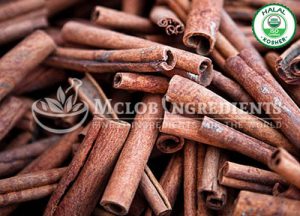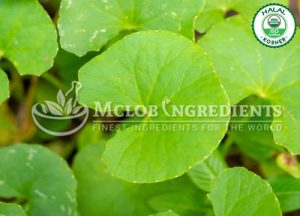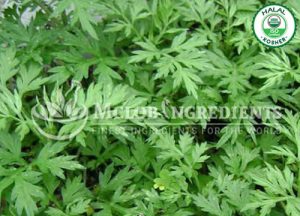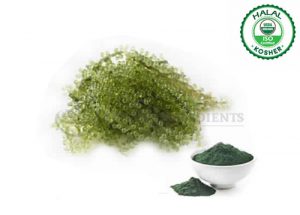Lemon balm is a perennial herbaceous plant. They are native to south-central Europe, the Mediterranean Basin, Central Asia, and Iran but are now naturalized elsewhere. It grows to a maximum height of nearly 1 m. They have mild lemon scent leaves. During summer, small white flowers full of nectar appear that white flowers attract bees, hence called a honey balm. In teas, the leaves are used as an herb and also as a flavoring. The plant is used to attract bees for honey production. As an ornamental plant, it is grown for its oil which is used in perfumery. At least since the 16th century, the Lemon balm has been cultivated.
Benefits:
- It can help reduce anxiety
- It can help relieve stress
- It may help to boost cognitive function
- It can help insomnia and other sleep disorder.
- It can help to treat cold sore
- It can help to relieve indigestion
- It can help in minimizing menstrual cramps.
Side effects:
Lemon balm has the potential to cause side effects that follow:
- painful urination
- increased body temperature
- stomach pain
- nausea
- headache
- vomiting
- dizziness
- skin irritation
- allergic reaction
- wheezing
Precaution :
- Avoid lemon balm at least 2 weeks before a scheduled surgery because lemon balm might cause too much drowsiness if combined with medications used during and after surgery.
- Avoid lemon balm if you have thyroid disease because lemon balm hormone replacement may change thyroid function, reduce thyroid hormone levels, and interfere with thyroid therapy,
Interaction:
Be cautious with the following combinations:
- Sedative medications (CNS depressants) interact with lemon balm it might cause breathing problems and/or too much sleepiness.
- Thyroid hormone interacts with lemon balm it might decrease the effects of the thyroid hormone.
Dosage form:
Lemon balm is available in various forms, including supplements, combination products, ointments, massage oils, lotions, and others.
Dose:
Crude lemon balm herb is typically dosed at 1.5 to 4.5 g per day.







